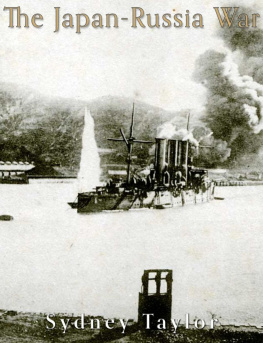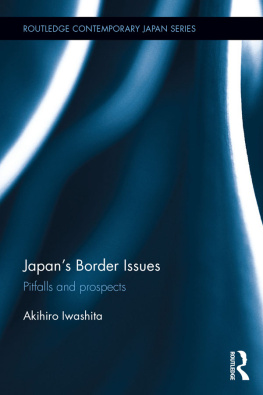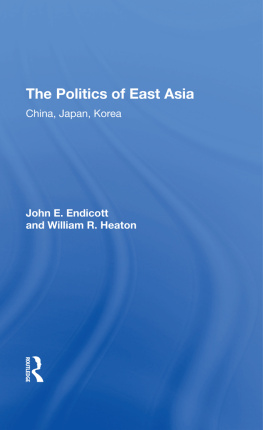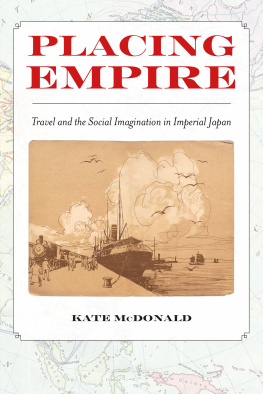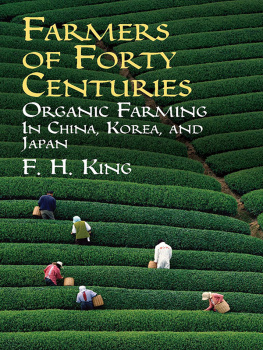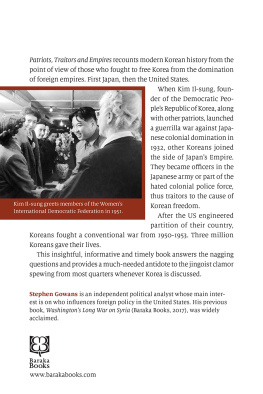PREFACE
As the name of the author of this book may not be so well known to some English readers as it is on the Continent, I have, at his request, undertaken to write a few lines of introduction and preface.
Count Vay de Vaya and Luskod is a member of one of the oldest and most distinguished families of Hungary. Ever since his ancestor took part with King Stephen in the foundation of the Hungarian Kingdom, nine hundred years ago, the members of his family, in succeeding generations, have been eminent in the service of that state.
The Count studied at various European universities, and was destined for the diplomatic service, but early in life he decided to take Holy Orders and devote himself to the work of the Church.
In this capacity he attended the Diamond Jubilee of Queen Victoria in 1897 as one of the envoys of Pope Leo XIII.
The chief enterprise of his life, however, has been to study the work of the Roman Catholic Church in all parts of the worldher missions, charitable institutions, schools, and organizations of all kinds.
Few men have travelled so far and into such remote quarters as the Count Vay de Vaya has, with this object. His position has secured for him access to the leading and most accomplished circles wherever he has been, and his linguistic attainments, as well as his wide personal experience of men and affairs in every quarter of the globe, give him an almost unique opportunity of describing and commenting on the countries which he has visitedtheir people, rulers, and institutions.
Seldom has any region been subjected to such complete and revolutionary changes as have the countries which he describes in the following pages.
Russia has been compelled to relax that grip on the Far East which seemed to be permanently tightening and closing: at home she has been subjected to a social upheaval which at one time threatened the existing form of government and the throne itself. And for the first time we have witnessed the triumph of an Asiatic race over one of the leading Powers of Europe.
The substance of this volume was written in 1902 and the following year, before any of these events had occurred, or were dreamed of, and this may cause some of the details of the record to be a little out of date historically; but the change, far from diminishing, has, on the whole, probably increased its value to all thoughtful readers.
A few passages of comment and forecast have been added since the occurrence of the war, but in the main the narrative remains as it was originally written.
Japan, Korea, Manchuria, and the Siberian Railway have been described over and over again, both during and since the war, but descriptions of them on the eve of the outbreak may come with some freshness and enable readers to compare what was yesterday with what is today.
And what has been changed in the "Unchanging East" bears but a very small proportion to what remains the same in spite of wars and revolutions.
I hope, therefore, that these first impressions of countries which, in name at any rate, are far more familiar to the British public than they were four or five years ago, may prove of great interest to many readers in England and America.
The chapters on The Tsar of all the Russias, The Reception at the Summer Palace, The Audience of the Emperor of Korea, and The Mikado and the Empress, appeared in "Pearson's Magazine," and thanks are due to the Editor for kind permission to reprint them. The chapters on Manchuria under Russian Rule first appeared in the "Revue des deux Mondes," and those on Japan and China in the Twentieth Century in the "Deutsche Rundschau," but none of these have been translated into English before. The whole has been carefully revised, and considerable additions have been made.
JOHN MURRAY.
CONTENTS
General situationEve of the warPolitical outlook in RussiaCharacteristics of the two capitalsSiberia and SiberiansConquest of ManchuriaPosition of China and the PowersKorea's difficultiesRacial tendencies
Page xvii
I
The Baltic station of St. PetersburgThe Imperial "Special"Through the suburbs of the capitalPeterhofSentries and passwordsThe Imperial Family's favourite homeAlexandrovskyA homely interiorThe Empress and her tastesMother and wifeH.M. Nicholas IIA conversation on different topics
Page 1
II
Main characteristicsThe Emperor's kind hospitalityPrince Chilkoff, Minister of CommunicationsLast days at St. PetersburgThe metropolis of incoherenceTypical Russian departureOn the way to MoscowThe agricultural districtsA short visit to PienzaConversations on board the Trans-Siberian expressPolitical and economical appreciationsCrossing the VolgaIn the land of the BaskirsThe Ural rangeWestern SiberiaThe colonization of the uninhabited regionsGrowing townshipsCentral SiberiaUnlimited pastures and endless forestsThe Altai rangeIrkutskThe Siberian ParisArrivalLuggage difficultiesCivility and kindnessThe luxuries of the Htel du MtropolePlush and gold, but no air and no waterA gloomy evening and a bright morningThe life and the lights of the cityLake BaikalThe islands of dwarfs and fairiesThe large fairy coatMyssowa a new mining centrePetrovsk, the town of infernoTrans-BaikaliaBuriats and their pilgrimages to TibetThe Amur regionOn the frontier of Manchuria
Page 16
III
The Manchurian frontierRussian soldiers and officialsPublic safetyTrains provided with military escortThe Eastern Chinese Railway CompanyThe system of constructionOn the borders of the desert of GobiThe travel by goods trainsMy special car my homeThe railway stations: what they looked likeGeographical beauty and ethnological featuresTsi-tsi-kar, the capital of Northern ManchuriaCustoms and habitsPrimitive modes of livingKharbin (Harbin), the junction of the eastern Asiatic railway linesThe news of the bridge by Liaoyang carried away by floodsThe centre of mobilizationHarbin's part in case of warPleasant surprisesAt last a new startCentral ManchuriaThe mineral wealth of this regionKirin, a picturesque cityFine sceneryA dull dawnStation and station-masterThe hunt for a vehicleA typical Chinese cartThe horrors of a night's journeyManchurian highroadsExchanging the cart with a muleA beautiful bridgeHow-di and Poo-howThe fantastic aspect of the sceneryThe comforts of little Li-HuIn a marauders' innLugubrious den and its keepersIn midst of ChunchusesThe bargain with Li-Hu for his chargeChinese diplomacy and Western art save my purseFarewell from my companionsA fine daybreak, and the sun throws a veil of obligation over the misery of the night
Page 63
IV
First view of MukdenThe streets, shops, and inhabitantsPublic buildingsThe PalaceThe Russian occupationFriendliness of Russians and ManchusAdministrative divisions of ManchuriaOfficial reception by the GovernorA luncheon partyManchus and HungariansVisit to the Imperial TombsA magnificent archThe Great AncestorOutbreak of choleraDinner with the Russian ResidentRussian hospitalityReturn journey to the stationAn adventurous driveAcross countryChunchusesSafe arrival at the station
Page 88



